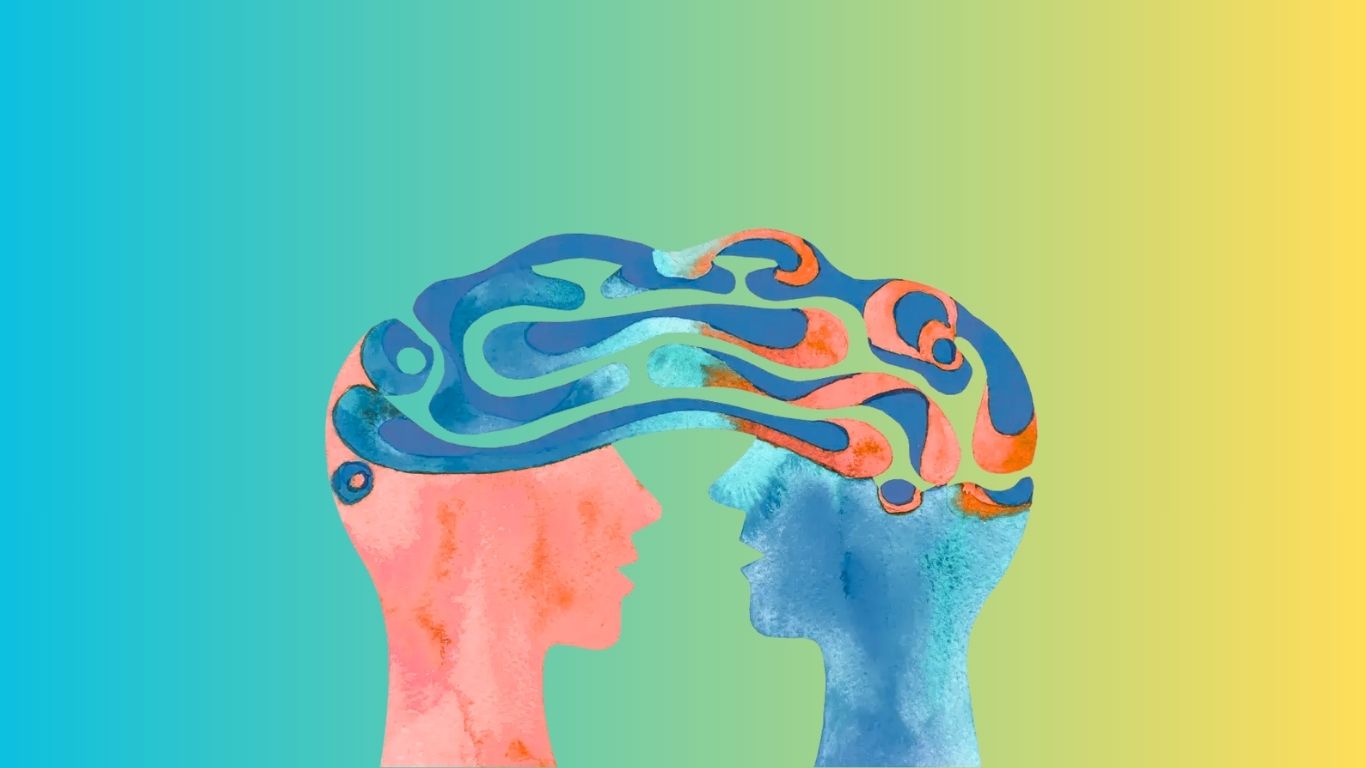
In a world that often feels overwhelmed by problems like poverty, climate change, discrimination, and social injustice, it’s easy to feel powerless. The headlines shout about massive issues happening in distant places, leaving many of us wondering, “What can I possibly do to help?” However, the reality is that significant change doesn't usually begin with big gestures or changes to laws. It begins with small, intentional actions by everyday people.
Social responsibility is the idea that each of us, as members of society, carries a duty to contribute to the well-being of our communities and the world at large. It’s not limited to philanthropists or activists—it belongs to all of us. Whether we realize it or not, the choices we make every day have ripple effects. From how we treat a colleague, to how we dispose of waste, or how we support local businesses, these actions contribute to the larger social fabric.
In her enlightening piece, Bridging the Divide, Geetanjali Singh frequently highlights how intertwined our problems are. Discrimination, mental health stigma, economic inequality, and low civic involvement are not isolated issues. They feed off each other, creating cycles that trap people in difficult situations. But breaking these cycles doesn’t always require monumental effort—it often takes compassion, awareness, and a simple decision to act differently.
Take the example of kindness in daily life. A smile, a genuine compliment, or patiently listening to someone in distress might seem trivial, but such gestures are powerful reminders of our shared humanity. Studies show that small acts of kindness not only improve the well-being of others but also boost our own happiness and sense of purpose.
Recycling more conscientiously, reducing plastic usage, supporting local farmers, and mentoring a young student—these small actions collectively shape a more responsible and sustainable society. Singh’s message is clear: when we each do our part, no matter how small, we build a foundation strong enough to support systemic change.
One of the most compelling ideas Singh discusses is the need for empathy as a bridge between social divides. Through empathy, we may see the world from other people's perspectives, comprehend their hardships, and acknowledge our common humanity. It’s easy to dismiss people different from us as “other,” but empathy helps break down those barriers.
By engaging in open conversations, challenging our own biases, and educating ourselves about others’ experiences, we can cultivate a culture of understanding. It’s not about grand speeches or radical movements alone—it’s about everyday interactions where we consciously choose to listen, respect, and uplift.
Awareness is the first step toward meaningful change. Many social issues remain hidden due to stigma or misinformation. Take mental health, for instance. Millions suffer silently because they fear judgment or don’t know where to turn for help. By educating ourselves and others about the importance of mental well-being, we remove the veil of shame and create pathways toward support.
Similarly, understanding systemic discrimination helps us identify injustices that are often invisible. Recognizing that not everyone has equal access to opportunities or justice encourages us to advocate for fairness in our workplaces, communities, and governments.
True progress happens when individual actions converge into collective movements. Geetanjali Singh emphasizes that change requires a combination of policy reform, community support, and a cultural shift toward shared responsibility. As individuals, we may not be able to solve every problem on our own, but by working together—sharing knowledge, volunteering, and holding institutions accountable—we create a momentum that can’t be ignored.
It’s easy to feel disheartened when the world seems full of problems too big to solve. But real change doesn’t start with perfection; it starts with intention. The small steps we take every day—helping a neighbor, donating to a local charity, reducing waste, standing up against injustice—accumulate into a powerful force for good.
As Geetanjali Singh suggests in Bridging the Divide, it’s not just about waiting for governments or big corporations to act. It’s about each of us choosing to play our part. The journey toward a more just, equitable, and compassionate society begins with recognizing our individual responsibility and believing in the power of small actions.
What one small action can I take to make my community, and the world, a better place? — Written by Geetanjali Singh for ExploreRealNews.com